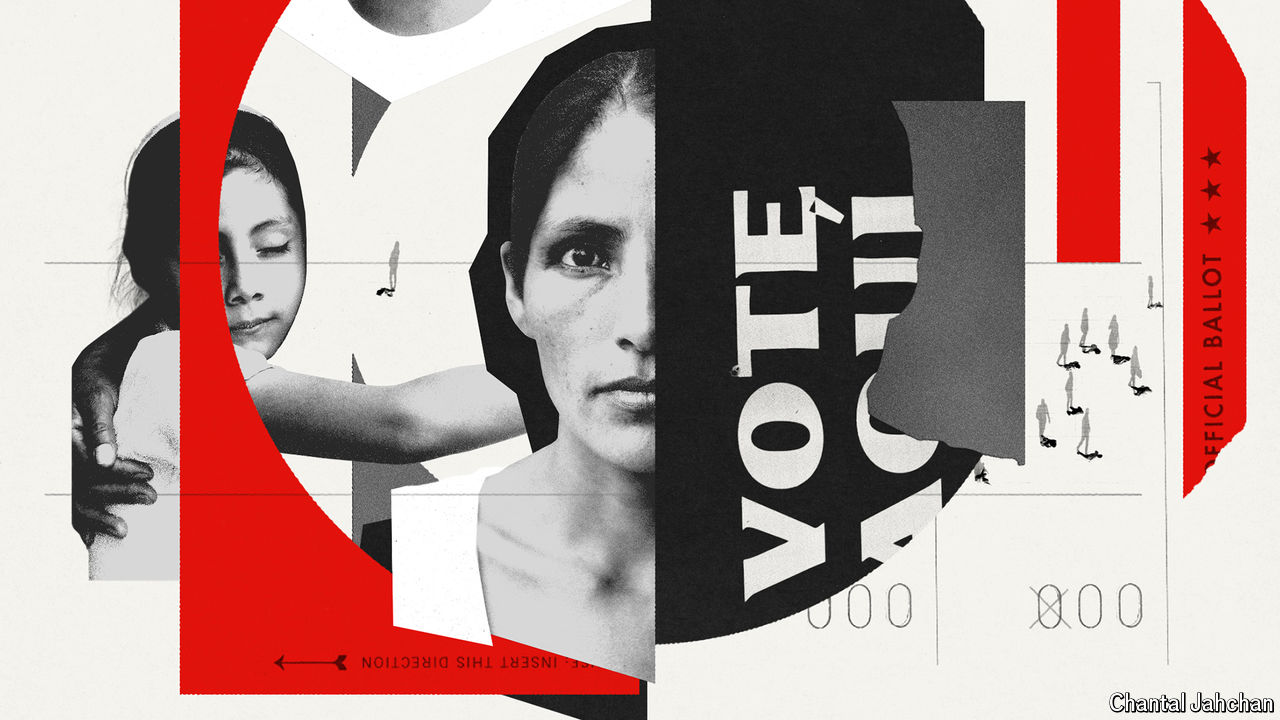

That’s a portable CD player with a tape adapter in its headphone jack. The tape is the played by the tape deck of your car stereo. This is for when you didn’t have a brand new car with a CD player in the dash or the trunk, but you still had a portable CD player.










The required brain chip app monitors attentional neural networks while stimulating the image centers to display ads. Common side effects are nausea, vomiting, over throwing the state, and vertigo.